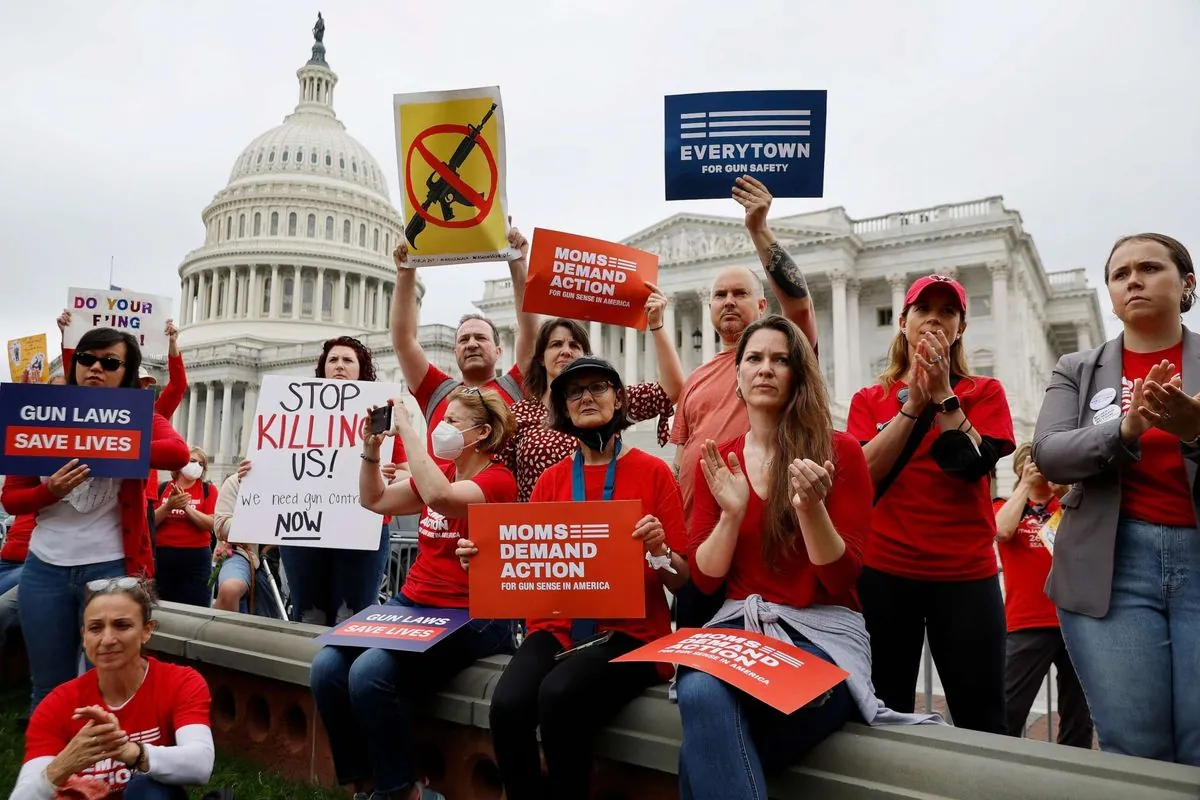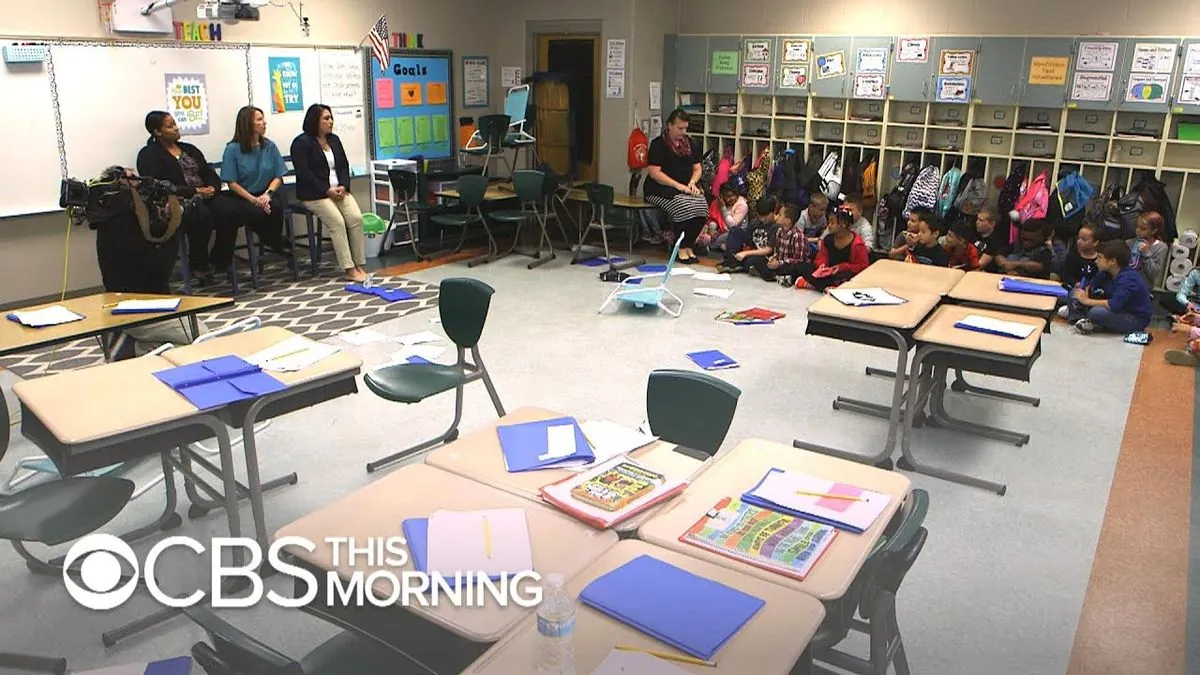Georgia School Shooting Shifts Presidential Race Focus to Gun Violence
A recent school shooting in Georgia has thrust gun violence into the spotlight of the presidential race, challenging candidates to address the issue as the election approaches.

A recent school shooting in Georgia has unexpectedly shifted the focus of the presidential race, compelling candidates to address the contentious issue of gun violence. With the election just two months away, this tragic event has brought renewed attention to a topic that had previously taken a backseat to other campaign issues.
Donald Trump and Kamala Harris, the leading contenders in the race, have responded to the incident in markedly different ways, reflecting their contrasting approaches to gun control. Their reactions highlight the deep divide in American politics regarding this sensitive issue.
Harris, who oversees the White House Office of Gun Violence Prevention, has placed significant emphasis on the need for stricter gun control measures. During a campaign event in New Hampshire, she stated:
"Our kids are sitting in a classroom where they should be fulfilling their God-given potential and some part of their big, beautiful brain is concerned about a shooter busting through the door of their classroom. It does not have to be this way."
Harris's running mate, Tim Walz, brings a unique perspective to the ticket as a veteran and hunter who supports both the Second Amendment and stricter gun control measures.
In contrast, Trump has avoided directly addressing gun violence in his response to the shooting. Instead, he focused on broader themes of healing and restoring peace, consistent with his campaign's overall messaging. Trump's close relationship with the National Rifle Association (NRA) and his resistance to changing gun laws during his presidency underscore his stance on the issue.
The Georgia shooting has occurred at a crucial time in the election cycle, particularly given the state's battleground status. Recent polls indicate that while gun violence is not the top priority for most Georgia voters, it remains a significant concern for certain demographics, especially young voters who have grown up with the reality of school shooting drills.

The incident has reignited debates about various gun control measures, including "red flag" laws, universal background checks, and assault weapons bans. These discussions are taking place against the backdrop of existing legislation such as the Bipartisan Safer Communities Act of 2022 and the Gun-Free School Zones Act of 1990.
As the campaign progresses, both candidates will likely face increased pressure to articulate their positions on gun violence and propose concrete solutions. The tragedy in Georgia serves as a stark reminder of the ongoing challenge of balancing Second Amendment rights with public safety concerns, a debate that continues to shape American politics and society.


































